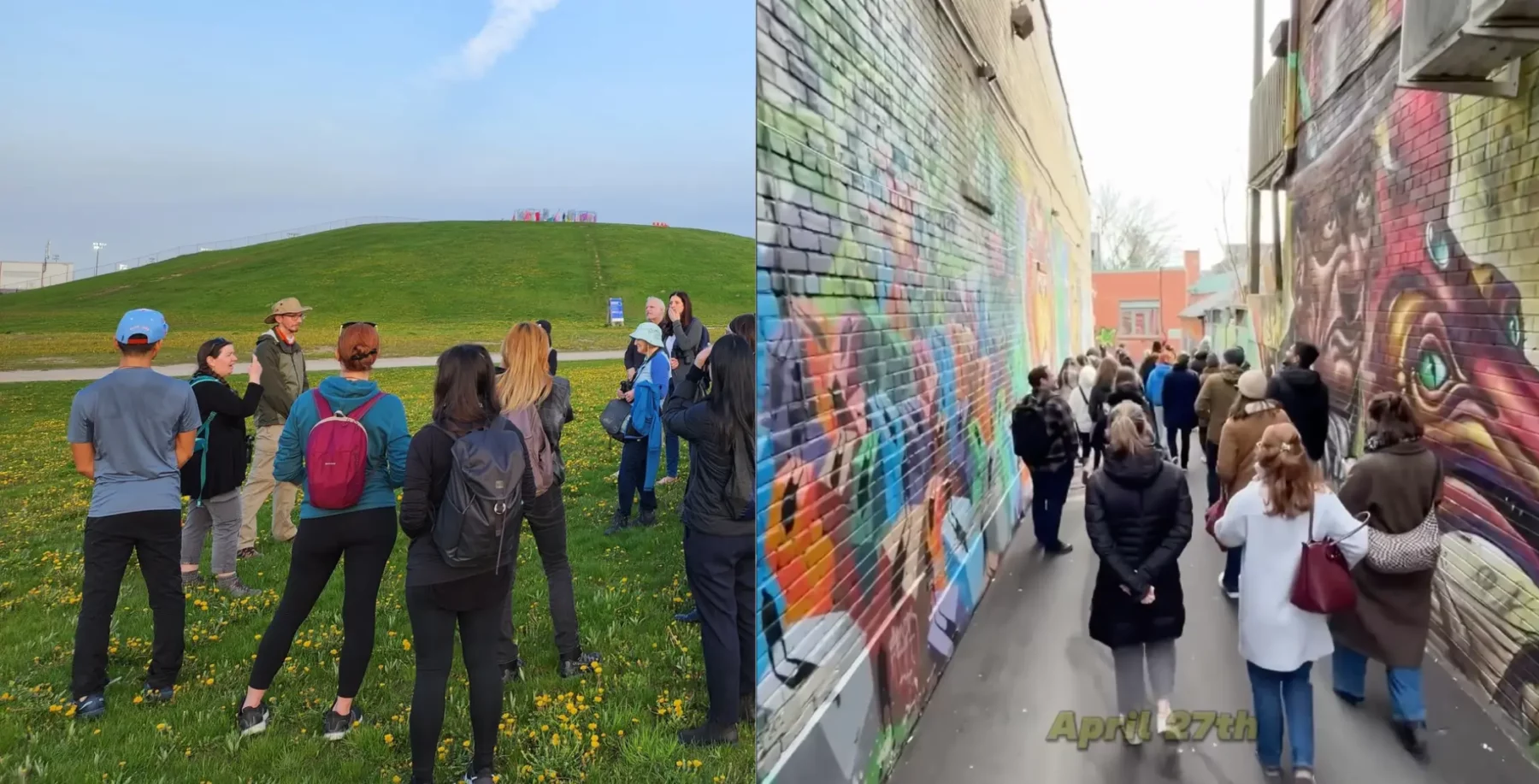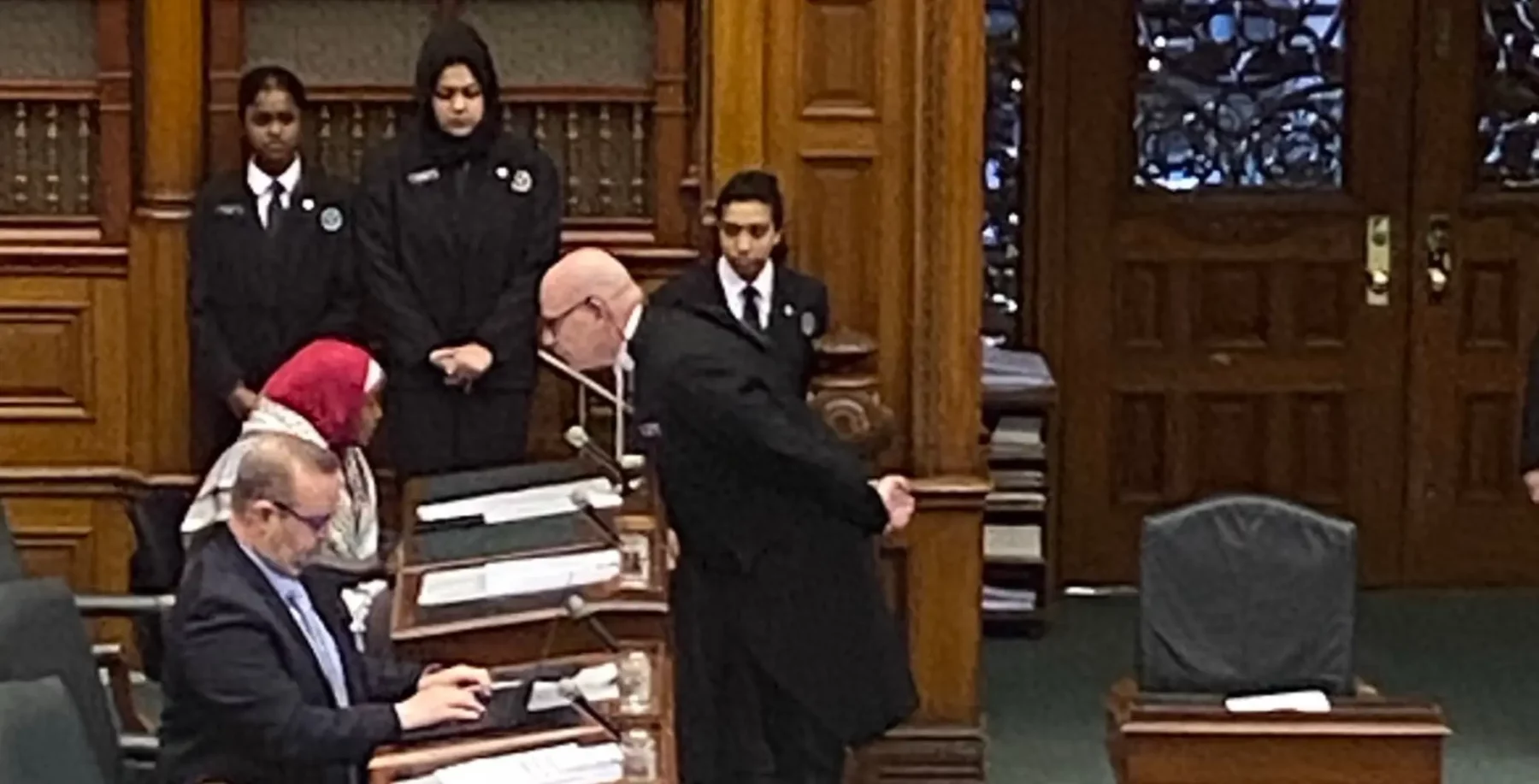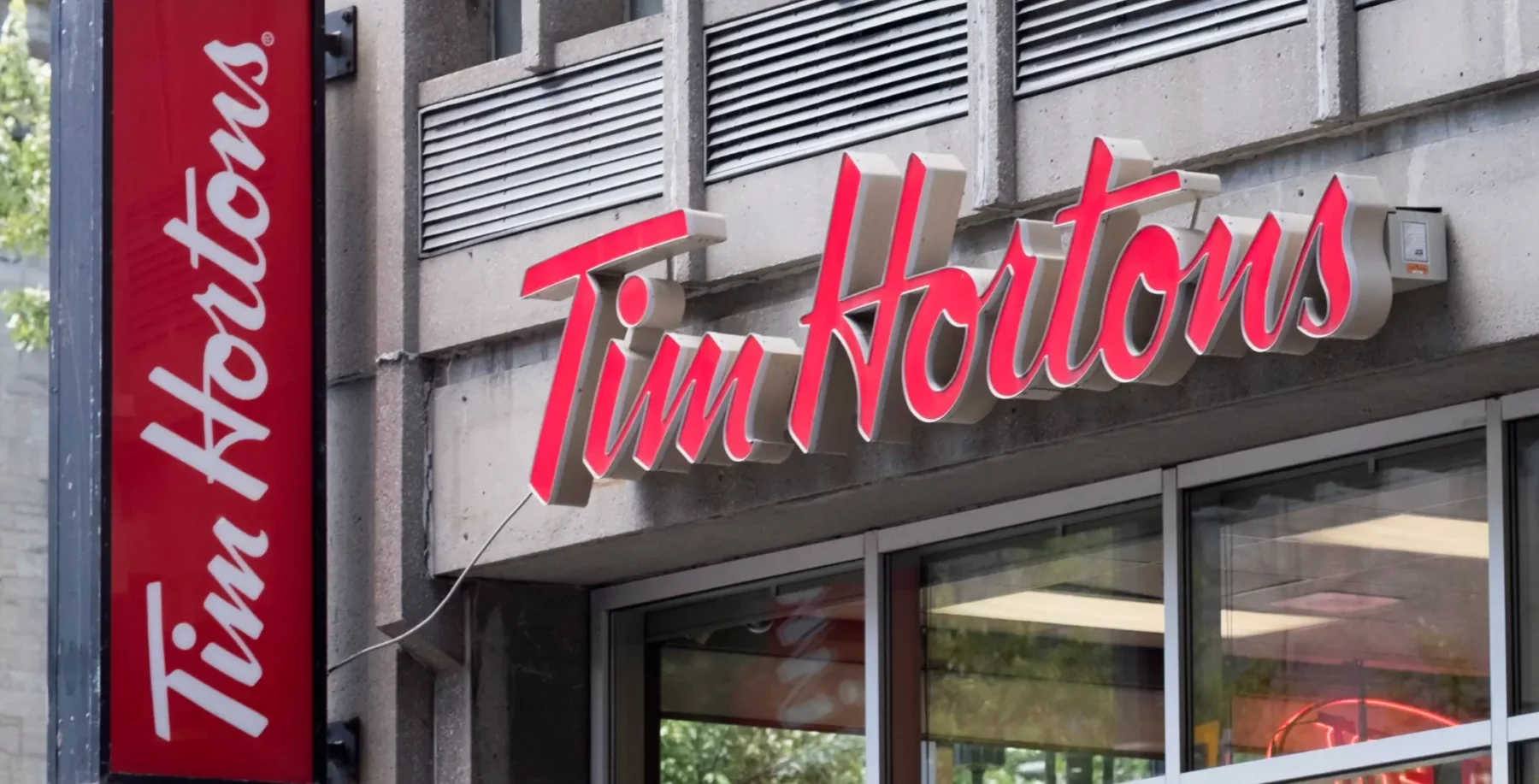
Major international events have a history of being used to “clean out” undesirables. Notable examples include the drive to push drug users from Vancouver’s downtown east side ahead of the 2010 Winter Olympics, and Montreal’s purge of gay bars and bathhouses in the lead up to the 1976 Summer Olympics.
With the upcoming Pan Am Games in Toronto set to dwarf both events in terms of the number of athletes (if not international prestige), community activists are nervous sex workers and street-involved people could be swept away in the name of security. On Tuesday night, a group of activists met to strategize at an event hosted by PrideHouseTO, to strategize and take a deeper look at the ways in which sex workers and street-involved communities experience large sporting events.
Sex work has a complicated relationship with multi-sport events.
Street-based sex workers are often swept out of their neighbourhoods in an effort to make tourists feel safer and present a “positive” image to visiting media.
On the other, anti-sex work crusaders use games to drum up fears of increased of human trafficking to meet the demands of tourists and visiting athletes, which can also lead to increased police enforcement in order to “protect” sex workers.
The Pan Am Games have been no exception in the last regard.
Earlier this month, the general secretary of Canadian Council of Churches, Karen Hamilton, suggested that many individuals coming to attend the Games will be as interested in seeking out illicit sex as they are in the athletes.
“People say there’s going to be busloads of women and children being trafficked in for the games. That’s not going to happen,” says Lux, a former activist with Maggie’s, Toronto’s Sex Worker Project. “Why would you do that during the games when there’s going to be more police? It doesn’t make any sense. These things are used as platforms to further anti-sex work agendas.”
But it’s not just sex workers affected by large-scale sporting events.
The poor and street-involved too have historically been targets.
“Sometimes the oppressive regimes that grow out of games are the ones that stay,” says Olivia Nuamah, Executive Director of the Innercity Family Health Team, which provides health and social care services to the men of Seaton House. “And it works. Without a doubt, your streets are cleaner, there’s less delinquent crime, and as a result you feel safer whether you actually are or not. If it happens to sweep up sex work and other things, it’s kind of ok, because this is what your general public want. They want to feel safe walking down the street. They don’t want to see people hanging out on their street corners.”
Naumah captures one of the troubling dynamics that sex-worker advocates face: even supporters would prefer that sex workers work out of their own neighbourhoods.
“We ourselves need to wrestle with our own notions of what safety means to us. The moment it comes into the corner of my street, it’s gonna be an issue,” Naumah says.
Politicians are rewarded for playing to those fears, not only at the ballot box, but with the rising property values and growing gentrification brought by commercial activity, even as it excludes certain residents by design.
“People don’t want to see unsightly people on the streets when they’re trying to sell an event,” says activist Sophy Chan, a community engagement co-ordinator at SPORT4ONTARIO. “Urbanization and securitization tend to red-zone these people [who] become marginalized and excluded from spaces.”
Nuamah suggests the Games crackdown may already be happening, echoing how past major sporting events have had police crackdowns start long before the games.
“The whole process of relocation/dislocation happens years before the games actually arrive,” Nuamah says.
Amanda De Lisio, who is studying informal economies such as sex work, says she witnessed police crackdowns on sex workers at the 2014 FIFA World Cup in Rio de Janeiro. Formal exclusion zones were carved out near stadiums where the homeless and sex workers were banned, and brothels and bars were harassed into closing by police.
“What can we do about the securitization of cities?” De Lisio asked attendees. “The police can’t be involved in these conversations, based on the experiences that I’ve seen.”
Games also affect different sectors of the sex work industry differently. “High-class” escorts can often cash in on the increased tourist trade, while street-based and otherwise marginalized sex workers can see their livelihoods disappear for several weeks as regulars and residents avoid the city to escape traffic and police presence.
Sex worker advocates are hoping to push an alternative narrative during Pan Am to counter mainstream portrayals of sex work as inherently bad and dangerous.
Although this week’s meeting was only billed as a discussion, several ideas were floated on how to make the Games more sex-worker inclusive, such as designating PrideHouseTO’s pavilion at The 519 Community Centre as a safe space for sex workers. Hosting information events and workshops for sex workers during the Games, and advocacy for more affordable housing and shelter spaces for those who are displaced by the Games are other ideas being discussed.
With the international spotlight on Toronto in a way it never has been before, the Pan Am Games could showcase a Disney-fied, corporate-approved image of the city for the throngs of tourists and television spectators.
But wouldn’t it be astonishing if the image projected across the Americas was one of Toronto the free, Toronto the human rights champion, Toronto the base of ongoing resistance to Canada’s cruel anti-sex worker laws?
news@nowtoronto.com | @nowtoronto












